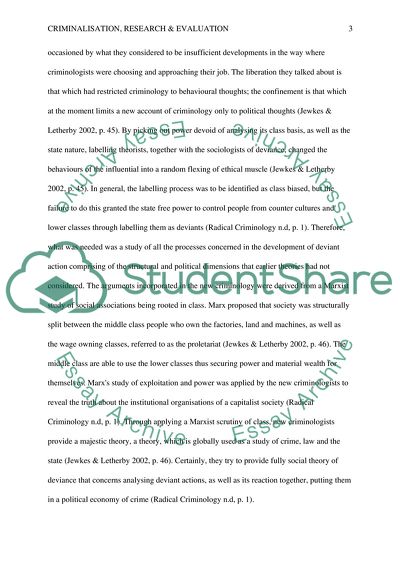Cite this document
(“Why Is Criminalization Significant to Victims Research Paper”, n.d.)
Why Is Criminalization Significant to Victims Research Paper. Retrieved from https://studentshare.org/social-science/1817291-criminalisation-research-evaluation
Why Is Criminalization Significant to Victims Research Paper. Retrieved from https://studentshare.org/social-science/1817291-criminalisation-research-evaluation
(Why Is Criminalization Significant to Victims Research Paper)
Why Is Criminalization Significant to Victims Research Paper. https://studentshare.org/social-science/1817291-criminalisation-research-evaluation.
Why Is Criminalization Significant to Victims Research Paper. https://studentshare.org/social-science/1817291-criminalisation-research-evaluation.
“Why Is Criminalization Significant to Victims Research Paper”, n.d. https://studentshare.org/social-science/1817291-criminalisation-research-evaluation.


